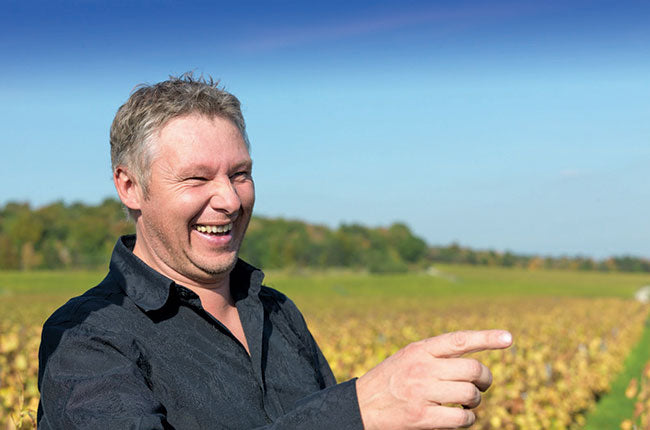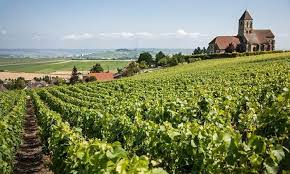David was certified Ecocert and Demeter in 2000, making him a very early adopter of chemical free farming within the context of Champagne and its long love affair with industrialized processes. Native yeasts, enameled steel (defiantly not stainless, as David feels stainless imparts a “negative energy“), small used oak barrels, and full malolactic fermentation are all part of the program. No dosage ever, of course. There is a much stronger emphasis here on the vineyard than the cellar, which is pretty countercultural for a region defined by “house style” and conventional farming, to put it lightly. These are true individualistic expressions of vintage and the south easterly slopes of Trépail and its surrounding forests. - Zev Rovine Selections
About the Winemaker
Champagne David Léclapart


The Region
Champagne, France


















